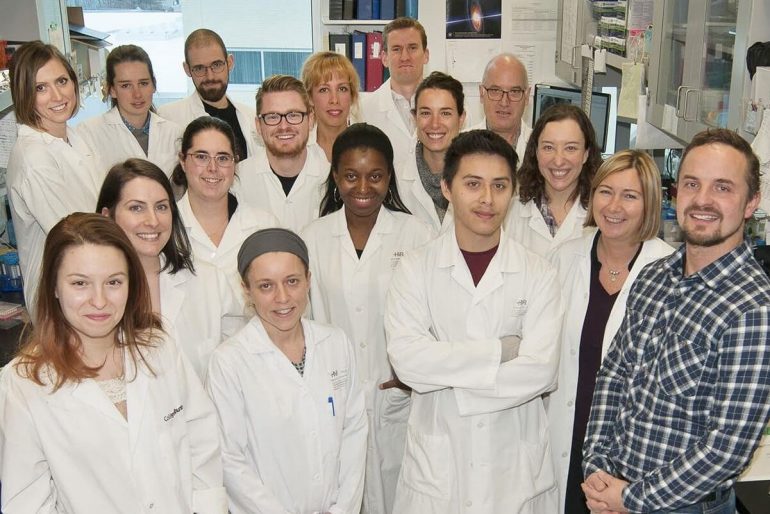Montreal-based SemaThera has raised $2.6 million.
The funding was raised from Japan-based Senju Pharmaceutical and AmorChem to develop its lead candidate, ST-102, in preparation for a clinical trial application in diabetic macular edema (DME), an accumulation of fluid due to leaking blood vessels in the macula, which is part of the retina that controls most detailed vision abilities.
Under the terms of the agreement, Senju has acquired the option rights to exclusively develop and market SemaThera’s ST-102 in China and Japan as an intravitreal injection for DME. Senju would assume all clinical development costs and regulatory fees related to China and Japan.
In exchange for these rights, Senju would pay SemaThera milestone payments, which it says is a total of eight-digits, and a two-digit percent royalty on sales. Senju would also have exclusive rights to other indications in China and Japan.
Semathera is a spinoff company of AmorChem, which spun off the company in January 2017 with a $1 million seed investment to tackle DME via the Semaphorin 3A (SEMA 3A) target. SEMA 3A was identified as a novel target for ocular diseases by Dr. Przemyslaw Sapieha at the Hôpital Maisonneuve-Rosemont, who found that SEMA 3A promotes vascular leakage and contributes to diabetes-related macular edema.
“The compiled preclinical package demonstrated that SEMA 3A inhibition is key to treat the pathology at an early stage, where expression of SEMA 3A is significantly high and vascular endothelial growth factor is at normal levels,” said Mitsuyoshi Azuma senior corporate officer and head of laboratory of ocular science at Senju.
“In addition to its seed investment in SemaThera, Senju is a strategic ophthalmology-focused partner for SemaThera, in view of the clinical development of ST-102 in China and Japan. An increasing prevalence of diabetes is occurring in these two countries where DME cases are on the rise,” said Elizabeth Douville, founder and managing partner at AmorChem.


